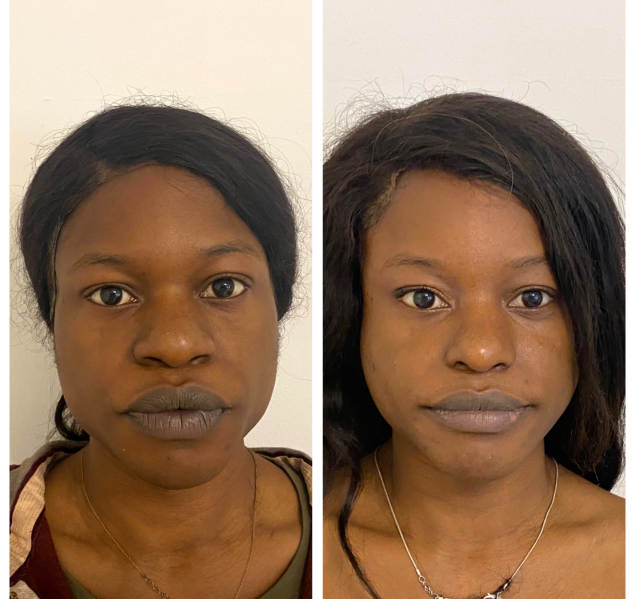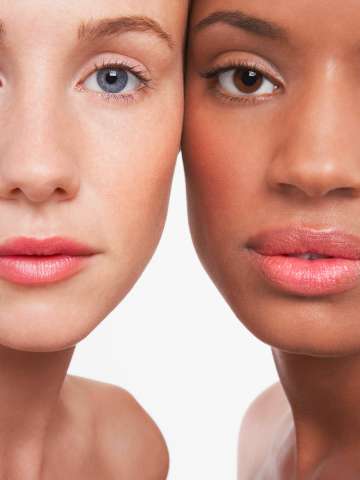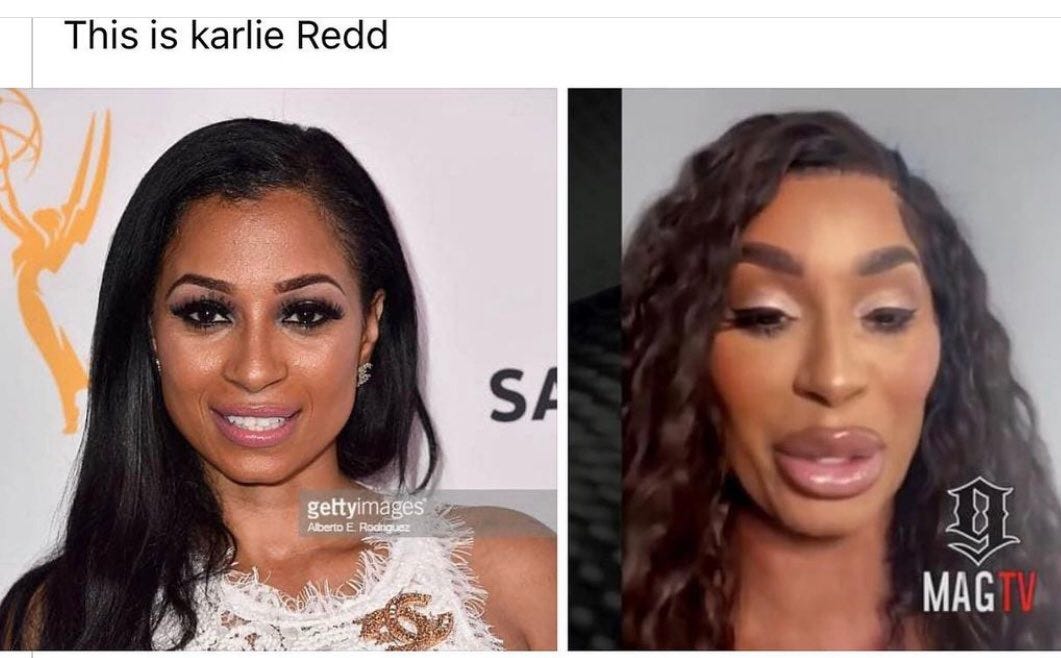Facelift Rancho Cucamonga: Turn Back the Clock with Advanced Anti-Aging Solutions
Facelift Rancho Cucamonga: Turn Back the Clock with Advanced Anti-Aging Solutions
Blog Article
Exploring the Mental and Social Factors That Drive People to Take Into Consideration Plastic Surgery as a way of Renovation
The decision to go after cosmetic surgery typically extends past mere appearances, linking with social and emotional characteristics that merit extensive evaluation. Variables such as self-worth, prevalent societal elegance criteria, and the prevalent influence of social media converge to form private motivations for surgical improvement.
The Function of Self-worth
Self-worth substantially affects an individual's choice to go after cosmetic surgical procedure. Individuals with low self-confidence often perceive themselves in an unfavorable light, bring about sensations of inadequacy concerning their physical look. This negative self-perception can drive them to seek medical treatments as a technique of improving their self-image. The desire for improvement in one's look is regularly connected to a belief that such modifications will boost their general self-regard and confidence.

Ultimately, the duty of self-confidence in the decision-making procedure pertaining to cosmetic surgical procedure highlights the complicated interaction between body image, personal satisfaction, and mental wellness. Understanding this connection is vital for health care specialists to guarantee that patients are making informed choices rooted in realistic expectations and psychological wellness.
Societal Appeal Standards
Influenced by pervasive media representations and cultural stories, social charm requirements play an essential role fit individuals' understandings of their own bodies. These requirements are commonly identified by an idyllic form of appeal that stresses attributes such as slimness, proportion, and youthful vigor. As these perfects are perpetuated through different networks, including tv, film, and advertising, people frequently internalize these messages, leading to dissatisfaction with their natural appearance.
The implications of these societal norms extend past aesthetic preferences; they can influence self-esteem, mental health, and social connections. People who view themselves as falling brief of these standards may experience sensations of inadequacy, motivating a wish for plastic surgery as a means of accomplishing social authorization. This search is typically fueled by the belief that satisfying these perfects will improve not only physical look yet also social standing and personal fulfillment.

Impact of Social Media Site
The influence of social appeal criteria is further enhanced by the rise of social networks systems, where curated pictures and idyllic representations of elegance are common. Users are regularly subjected to filtered and modified photos, which often show unattainable physical qualities. This direct exposure grows a culture of comparison, leading individuals to assess their own appearance versus these frequently unrealistic criteria.
Social media site influencers and celebrities regularly advertise cosmetic procedures, normalizing the idea that medical improvements are a practical methods for attaining social ideals (plastic surgery rancho cucamonga). The exposure of these enhancements can produce an assumption that undergoing cosmetic surgical procedure is a typical practice, consequently influencing people to take into go to this website consideration comparable treatments as a pathway to boosted self-worth and social approval
Moreover, the interactive nature of social media permits immediate comments via sort and comments, better enhancing the desire to adjust to preferred beauty standards. Such communications can intensify sensations of insufficiency and drive people towards plastic surgery as a way of gaining recognition. Eventually, social networks plays a pivotal role in shaping assumptions of elegance, which significantly affects the decision-making procedures surrounding plastic surgery.

Cultural Perspectives on Appearance
Throughout numerous societies, understandings of look are deeply rooted in historical, social, and economic contexts, shaping individuals' sights on beauty and desirability. In many societies, appearance offers as a significant pen of identification, affecting social standing, specialist chances, and individual partnerships. For instance, in some cultures, light skin is frequently related to riches and benefit, while others may glorify darker complexion as icons of toughness and credibility.
Additionally, conventional beauty requirements are often continued through social stories, media representations, and family members influences, leading to differing suitables across various regions (plastic surgery rancho cucamonga). In Western societies, the emphasis on young people and go now physical health and fitness often drives individuals toward aesthetic improvement, while in certain Eastern societies, even more subtle changes lined up with traditional aesthetic appeals may be favored
Globalization and the proliferation of electronic media have even more complicated these dynamics, developing a hybridization of appeal ideals that transcends geographical borders. As individuals significantly navigate these cultural stories, the pressure to adapt details appearance criteria can lead to the desire for plastic surgery, mirroring an intricate interaction of social values and personal ambitions. Comprehending these social point of views is necessary in addressing the motivations behind cosmetic surgical procedure considerations.
Mental Influences of Cosmetic Surgery
Lots of individuals seeking cosmetic surgery report experiencing extensive mental influences that can considerably modify their self-perception and emotional well-being - plastic surgery rancho cucamonga. The desire for physical improvement frequently originates from underlying concerns such as reduced self-confidence, body dysmorphic disorder, or societal pressures regarding charm standards. For some, the prompt post-operative phase can cause a short-lived increase in confidence and satisfaction with their appearance, fostering a feeling of empowerment
However, these positive sensations might not be sustaining. Research suggests that while some patients experience enhanced self-worth, others might face heightened stress and anxiety or clinical depression if their assumptions are not satisfied. This disparity can develop from unrealistic ideals continued by media depiction and social stories surrounding appeal.
Furthermore, the mental implications of plastic surgery extend past the individual. Relationships with friends and family might be strained as social dynamics shift, bring about sensations of seclusion or alienation. Ultimately, the mental effects of plastic surgery are diverse and complicated, calling for mindful factor to consider by both possible individuals and doctor to make sure educated decision-making and sensible assumptions.
Verdict
To conclude, the choice to pursue plastic surgery is considerably influenced by a combination of self-esteem issues, social charm requirements, and cultural point of views on look. The pervasive reach of social networks even more intensifies these pressures, advertising impractical perfects that individuals frequently make every effort to obtain. Comprehending these social and emotional elements is necessary for dealing with the motivations behind plastic surgery, highlighting the need for an extra nuanced conversation surrounding charm and self-acceptance in modern culture.
The choice to pursue cosmetic surgery usually expands beyond plain aesthetics, intertwining with social go to the website and psychological dynamics that merit extensive exam. Eventually, social media plays a pivotal role in shaping assumptions of charm, which substantially influences the decision-making processes surrounding cosmetic surgical procedure.
As people significantly navigate these social stories, the stress to conform to certain appearance standards can lead to the wish for cosmetic surgical procedure, showing a complex interplay of individual desires and cultural worths.In conclusion, the decision to pursue cosmetic surgical procedure is dramatically affected by a mix of self-esteem problems, social beauty criteria, and cultural perspectives on appearance. Understanding these social and psychological aspects is crucial for resolving the inspirations behind cosmetic surgical procedure, highlighting the need for a more nuanced conversation bordering charm and self-acceptance in modern culture.
Report this page